Hands on: LG Optimus 3D Max review
Improved 3D screen but no Ice Cream Sandwich
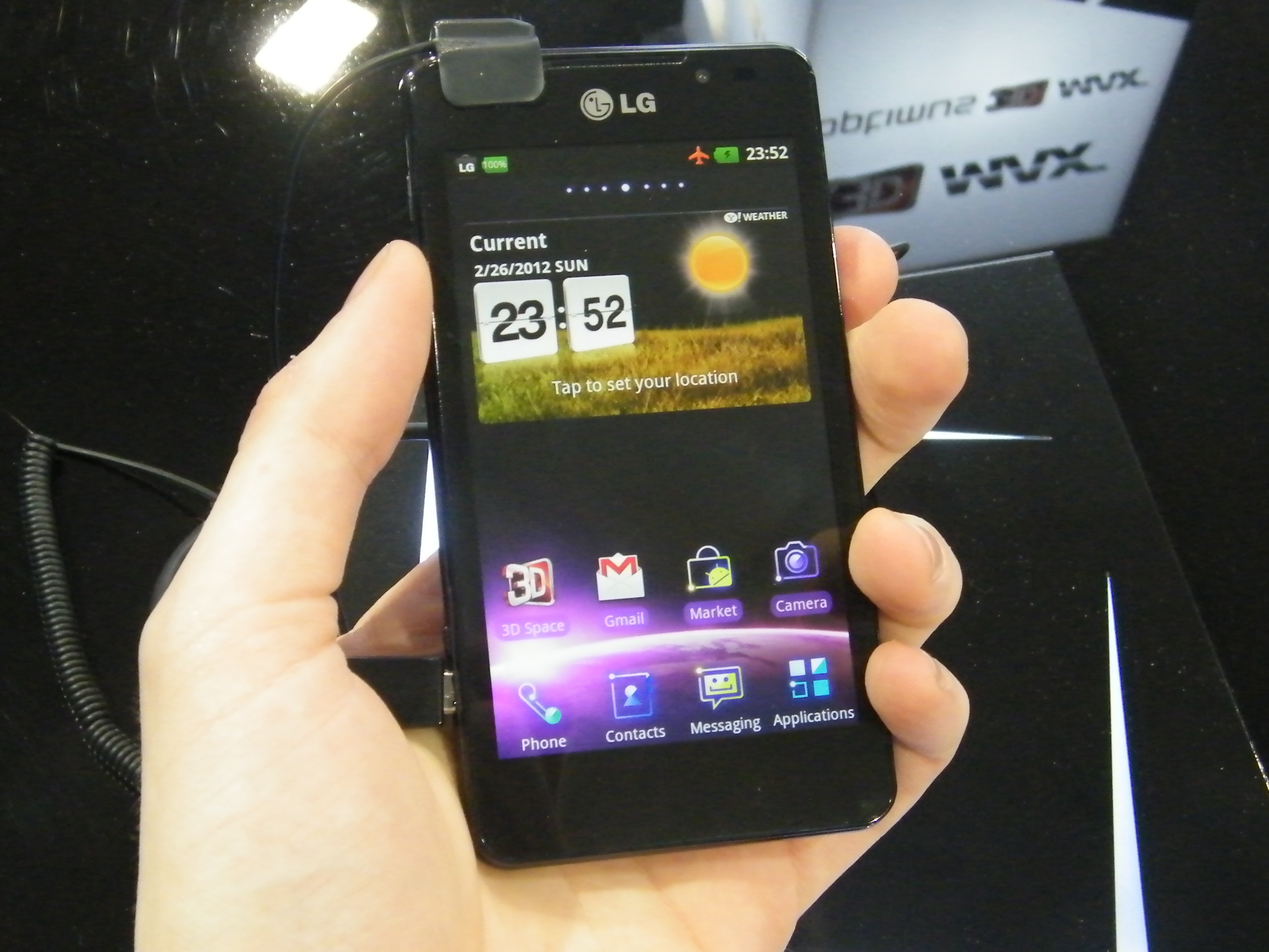
The LG Optimus 3D Max is one of several LG phones to be shown off at MWC 2012 and follows on from the original Optimus 3D delivering a faster, brighter and slimmer handheld 3D experience.
The Optimus 3D Max runs a 1.2GHz dual-core processor accompanied by 1GB of RAM, 4.3-inches 3D WVGA display, 5MP dual-lens 3D camera capable of capturing 720p 3D footage and 1080p 2D footage, 8GB of internal memory and Android 2.3.6 (Gingerbread).
TechRadar was told by Lee Seob Keun, part of the LG Platform Planning Team, that the Optimus 3D Max will hit stores in the UK in 20 days.
To see the 3D capabilities of the LG Optimus 3D Max in action, have a gander at our first look video:
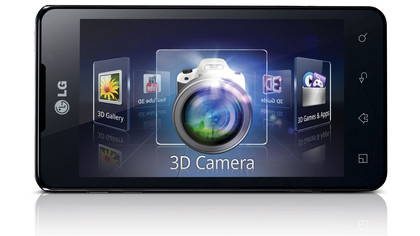
The Optimus 3D Max is slightly on the heavy side thanks to all that 3D technology LG has crammed inside, but it has all been squeezed into a case which is just 9.6mm deep and thus does not feel cumbersome in the hand.
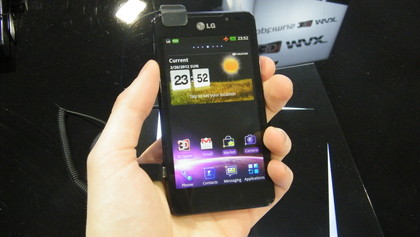
Turn on and the Optimus 3D Max's display springs into life and while LG has made it brighter, it's not the brightest screen we've seen and we're not sure how it would fare in direct sunlight.
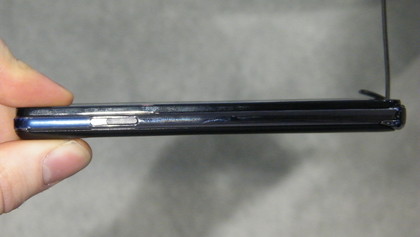
The 4.3-inch screen on the Optimus 3D Max is large enough to make viewing apps, webs pages and messages comfortable while not being too big that we found ourselves straining our fingers to reach the far corners.
Get daily insight, inspiration and deals in your inbox
Sign up for breaking news, reviews, opinion, top tech deals, and more.
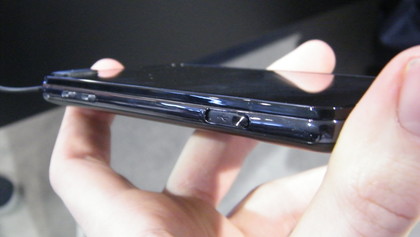
LG has enhanced the 3D capabilities of the screen delivering a much improved effect and it will reduce the number of headaches which plagued a number of people using the original Optimus 3D.
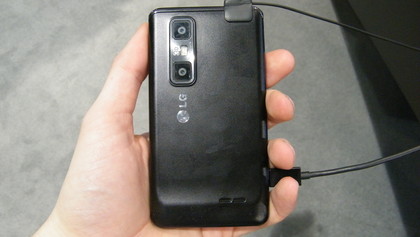
Rather disappointingly for a next-generation handset the LG Optimus 3D Max comes running Android 2.3.6 (Gingerbread). We were hoping that all top end devices revealed at MWC 2012 would pack the latest version of Android, Ice Cream Sandwich.

Keun said that there are issues with the 3D user interface on Ice Cream Sandwich, but LG is working on it and expects to have an update ready for the Optimus 3D Max by the end of Q2 / the start of Q3 this year.
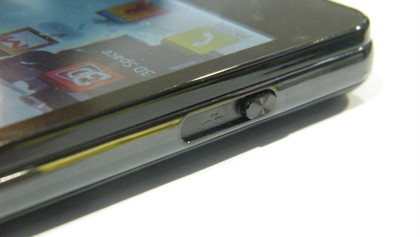
The Optimus 3D Max does not run as slickly as the likes of the Samsung Galaxy S2 or iPhone 4S as we found a slight lag when scrolling through the 7 home screens and navigating through various apps.
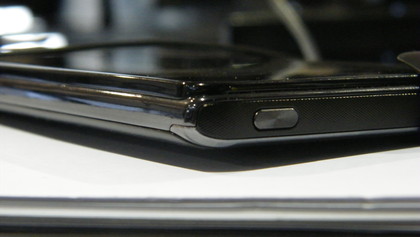
The touchscreen was responsive to our touch and LG's own overlay on Android is simple and does not detract from the user experience on the Optimus 3D Max. Icons have been given a 3D-cube style in 2D mode to remind you that you're using a 3D phone. We found the Optimus 3D Max easy to navigate with the menus and options we've come to expect from the Android OS present on the device.
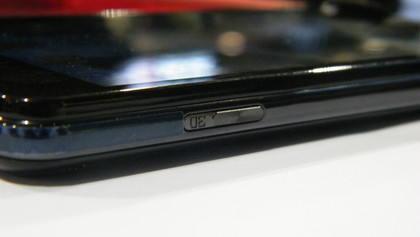
By pressing the 3D button on the side of the handset you're taken to the 3D menu, offering up options such as the 3D gallery, camera, games, applications and video. The 3D effect works well when face on, but is lost if you are viewing the Optimus 3D Max from the side.
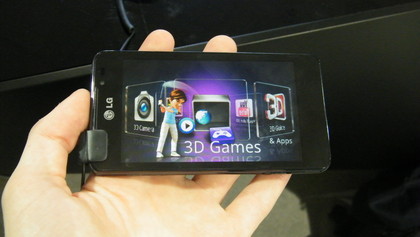
A unique feature on the Optimus 3D Max is the world's first video editing suite on a mobile phone which allows the user to create a movie by selecting 2D and 3D film clips, pictures and audio tracks and adding them to a timeline.
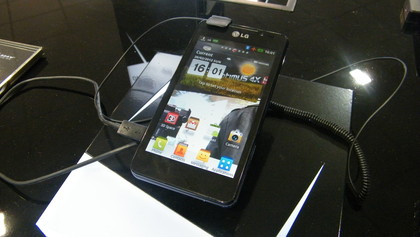
The simple drag and drop interface makes adding, re-ordering and removing sections easy and the Optimus 3D Max delivers a super quick video export function thanks to the 1.2GHz dual-core processor.

TechRadar's former Global Managing Editor, John has been a technology journalist for more than a decade, and over the years has built up a vast knowledge of the tech industry. He’s interviewed CEOs from some of the world’s biggest tech firms, visited their HQs, and appeared on live TV and radio, including Sky News, BBC News, BBC World News, Al Jazeera, LBC, and BBC Radio 4.